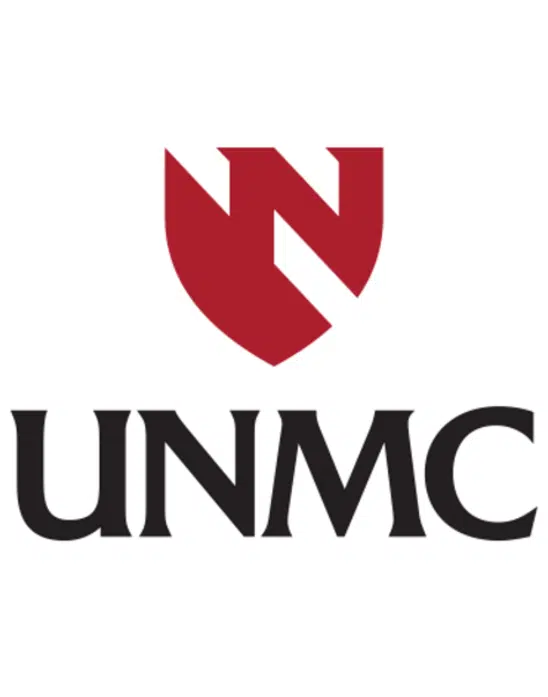The Democratic Republic of the Congo has experienced three consecutive Ebola virus disease outbreaks since May 2018. In 2019, a patient relapsed with Ebola after recovering from the disease six months before.
Scientists at the University of Nebraska Medical Center were part of an international team that investigated the case, which is the first documented instance of relapse of Ebola in Africa. It also was the first time relapse of the disease sparked a new transmission chain, causing more than 90 other cases, said UNMC’s Michael Wiley, PhD, assistant professor in the College of Public Health Department of Environmental, Agricultural and Occupational Health.
The study was led by Congolese scientists from the national medical research institute of the DRC – the Institute National de Recherche Biomédicale with support from UNMC, the World Health Organization, and other African, American and European partners.
Dr. Wiley said he and his team have been collaborating since 2018 with INRB and helped set up a sequencing laboratory, as well as trained local scientists on how to sequence viral genomes from clinical samples and analyze the data. When the relapse occurred in December 2019, INRB already was sequencing Ebola virus samples and were able to rapidly analyze and share the new data with partners working on the response.
Placide Mbala-Kingebeni, MD, PhD, first author of the paper and head of the Pathogen Genomics Laboratory at INRB, said the training and support provided through UNMC was key to generating the data.
“The equipment and training have been used to characterize three Ebola virus disease outbreaks and the current SARS-CoV-2 outbreak in the DRC,” Dr. Mbala-Kingebeni said. “It was important to use genomic and epidemiological data together to determine that the patient experienced relapse and not reinfection.”
Dr. Wiley stressed that transmission from persistently infected sources is rare, but the case study adds another documented route of transmission of the virus from a persistently infected source. “This case is complex,” he said. “It involves what appears to be vaccine failure and relapse, so it brings up more questions than answers.”
UNMCs involvement in the study was funded by the Bill & Melinda Gates Foundation.







